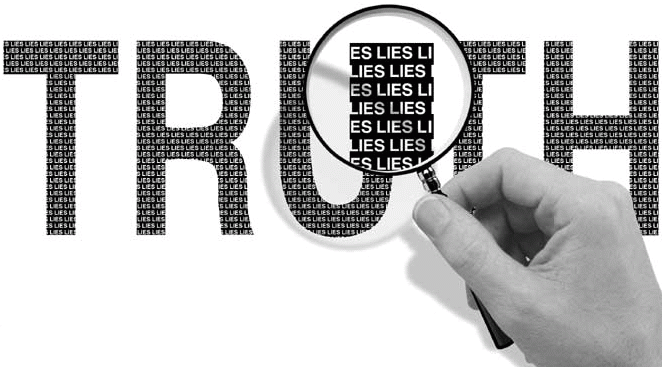
**All credit and rights of the material used in this article go to their respective owners**
4 [Behavioral] Foolproof Ways to Spot a Liar
4. Liars avoid mentioning themselves.
When liars distort the truth, they tend to avoid talking about themselves. They speak or write about others, specifically in the third person, as if putting distance between themselves and their lies.
3. A liar’s speech attitude is negative.
Liars are usually negative because they feel subconsciously guilty for their own lies.
2. A liar’s explanations are as simple as possible.
Liars normally explain everything in simple terms because their brain refuses to think of a complicated lie. Judgment or evaluation are complex things that are difficult to calculate.
1. A liar uses confusing wording.
Despite simple explanations, liars use complicated and intricate sentence structure, inserting excess words and insignificant but plausible-sounding details that help them inflate their deceit.
… a list of 7 things/phrases that liars usually say in order to avoid detection. [Note: UBF “leaders” and “missionaries” may not always use these exact phrases but something similar]:
1. “IT CAN’T BE PROVED”
This totally suggests that they have committed a mistake but since there is no proof for the same, they will not admit it.
2. “THAT’S ABOUT IT”
When someone consciously withholds information, they will be careful with their words. If you notice someone using this phrase, know that they might be lying or keeping something from you. If not, then they wouldn’t have used the word “about”.
3. “I DON’T REMEMBER THIS/THAT”
Memory lapses are quite common for liars. You must have heard that one of the most challenging things about lying is that you have to keep track of your lies. If by chance you catch their lie, they will simply deny having any memory of saying or doing something. It helps them cover their deception. Quite convenient, isn’t it?
4. “I HAVE NO IDEA WHAT YOU’RE TALKING ABOUT”
This is known as out-right denial. People who are liars attempt to deny all at once. You know that they are aware of what you are talking about, but they will not own up to their falsehood. It is very hard to make such people accept their own lies.
5. “YOU ARE ACCUSING ME?”
Oh, the innocent expressions when liars say this little phrase! That mocking smile on their face is just unbearable. They use it to turn the tables on you in order to make you look like a fool who is suspicious of them. By doing this they will switch on your defense mode and the whole purpose of the conversation changes. Do not fall for this!
6. “NOW WHY WOULD I DO THAT?”
Instead of replying to your questions or comments, they will start cross questioning you. This is the way in which they trap others so that they do not have to answer anything. If they start asking for reasons, they are definitely lying. They will try to stall you as much as they can from getting into the depth of the argument.
7. “DO YOU REALLY THINK I COULD DO SOMETHING LIKE THIS/THAT?”
Again, the whole burden of the argument falls on you with this little question. The victim card is once again employed and this time they are using it to make you feel guilty of something you didn’t even do. It does work in some cases, as much as I hate to admit.
Deceptive people could go to any extent to keep their lies hidden from the world. They will never own their mistakes and wrongdoings. Trying to make them even acknowledge it is a Herculean task in itself! If someone says these things to you, you should know how to respond.
For example, if someone says that they doesn’t remember doing or saying a particular thing (point 3) you can ask them what exactly do they remember. An honest person will answer you without hesitance, while a liar would bid his/her time cooking up fictional tales of wonderland.
Th[ese] are 14 [more] ways to catch a liar:
1. Liars usually make too much or too little eye contact. If someone is incapable to look you in the eyes or is staring you down, that person may be trying to cover his skeletons
2. Liars tend to speak without using contractions. ex: “I DID NOT” have an affair with another woman
3. A deceiver will often show signs of discomfort by turning away from you

4. The body language of a phony is revealed by: rapid blinking, dilated pupils, pitch changes, less smiling, shrugging shoulders, fidgeting, and crossed arms

5. Unless they’re professional actors or psychopaths, liars tend to stutter and hesitate when they are speaking
6. Liars often provide additional information without really need to do so
7. A liar will use your words to answer a question
8. A guilty person will get defensive, whereas an innocent person will often go on the offensive
9. A liar might unconsciously place objects (book, coffee cup, a drink, etc.) between themselves and you
10. A liar’s timing tends to lag between gestures/expressions and words
11. Oftentimes liars give inconsistent explanations
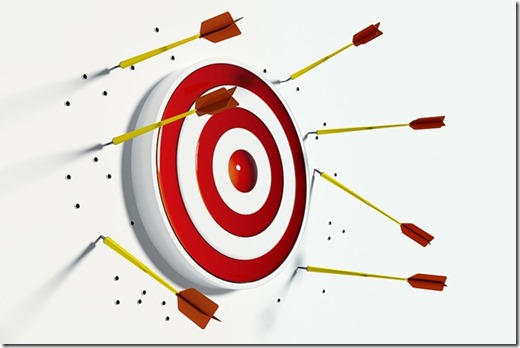
12. They also over-emphasize details. When people are trying to avoid telling the truth, they often fo cus on an obscure point instead of the key issue

13. Watch out for frequent touching of the face, throat, and mouth. For example, a liar might scratch his/her nose or behind the ear
14. Be wary of pursed mouths. While lying, a person may set his or her mouth in a narrow line
Bonus: Eyes don’t lie
If you can’t notice any of the above signals but are still in doubt about whether you’re being lied to, look closely into the eyes of your opponent. Lying makes us nervous, which results in an increased heartbeat and pupil dilation.
Sources:
- https://brightside.me/inspiration-psychology/4-foolproof-ways-to-spot-a-liar-366610/?utm_source=fb_r7416fdd77c1a&utm_campaign=0ee3126fa77b&utm_medium=cpm
- https://simplecapacity.com/2017/08/7-things-people-commonly-say-when-theyre-lying/
- https://simplecapacity.com/2015/06/14-ways-to-catch-a-liar-before-his-nose-grows/





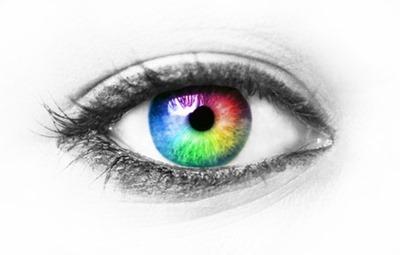
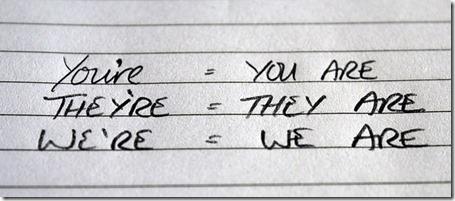
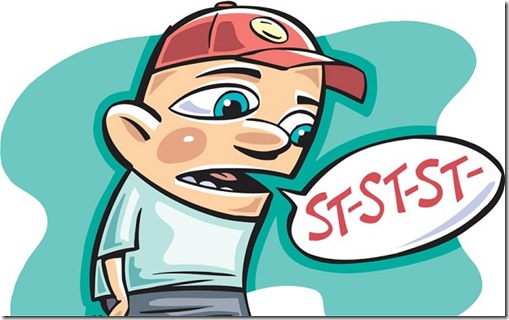
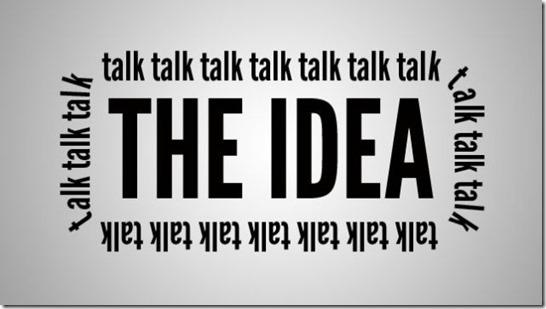
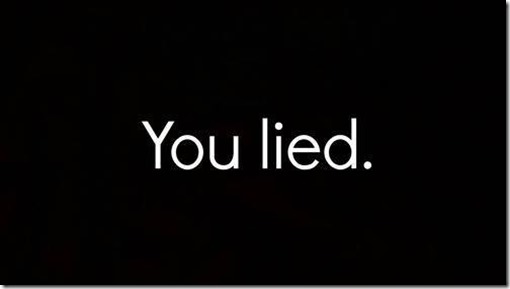
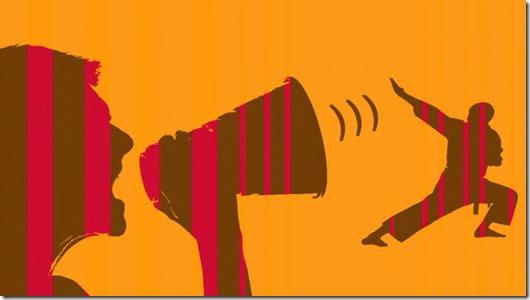

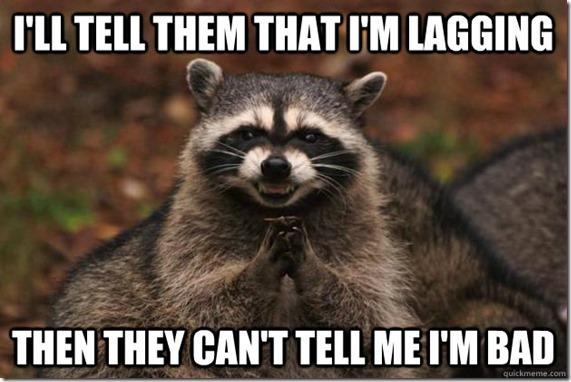



No Comments Yet